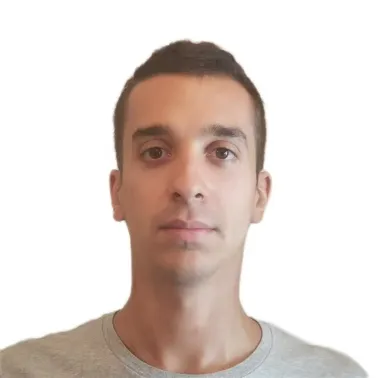英文首页﹀
Has the US exorbitant privilege become a rich world privilege?
2025-03-14
Time: 10:00 am- 11:30 am, Mar. 14th, 2025
Speaker: Gastón Nievas (Paris School of Economics)
Venue: 1F, Wanzhong Building, Langrun Garden, Peking University
Abstract:
How have rates of return on foreign assets and liabilities impacted different groups of countries across the financial globalization observed in recent decades? We address this question by combining data from a wide variety of sources, encompassing the entire world (216 economies) for the period 1970-2022. We find that the excess yield - i.e. the gap between returns on foreign assets and returns on foreign liabilities - has increased significantly for the top 20% richest countries (population weighted) since 2000. In effect, the exorbitant privilege of the US that was observed in previous decades has grown in size and scope and has become a rich world privilege. The richest countries have become the bankers of the world, attracting excess savings by providing low-yield safe assets and investing these inflows in more profitable ventures. Such a privilege is translated in net income transfers from the poorest to the richest equivalent to 1% of the GDP of top 20% countries (and 2% of GDP for top 10% countries), alleviating the current account balance of the latter while deteriorating that of the bottom 80% by about 2-3% of their GDP. We show that rich countries accumulate positive capital gains, which improves their international investment position (IIP), and invest in relative less risky assets with respect to the world, refuting prior beliefs of them earning a return premia to compensate for potential losses and risk undertaken. Our results seem to be explained by the fact that richer countries are issuers of international reserve currencies and are able to access cheaper financing (both for the public and private sector). Our study has implications for the reform of the international monetary and financial system and for the analysis of unequal development paths..
Speaker:

Gastón Nievas, a PhD candidate in Economics at the Paris School of Economics (PSE) and École des hautes études en sciences sociales (EHESS). He is working under the supervision of Thomas Piketty, with Gabriel Zucman in his thesis committee. He also holds the position of National Accounts coordinator at the World Inequality Lab (WIL). At present, he is a visiting scholar at the Institute of New Structural Economics at Peking University.
Prior to joining PSE, Gastón Nievas accumulated extensive research experience as a Research Fellow at the InterAmerican Development Bank and the World Bank in Washington, D.C. (U.S.). He completed his Bachelor's degree in Economics at Universidad Nacional del Sur in Bahía Blanca, Argentina, and holds a Master's degree from Universidad de San Andrés, as well as an MSc in Analysis and Policy in Economics from PSE.
His research interests lie within International Political Economy and Geoeconomics, with a particular focus on International Macroeconomics.

